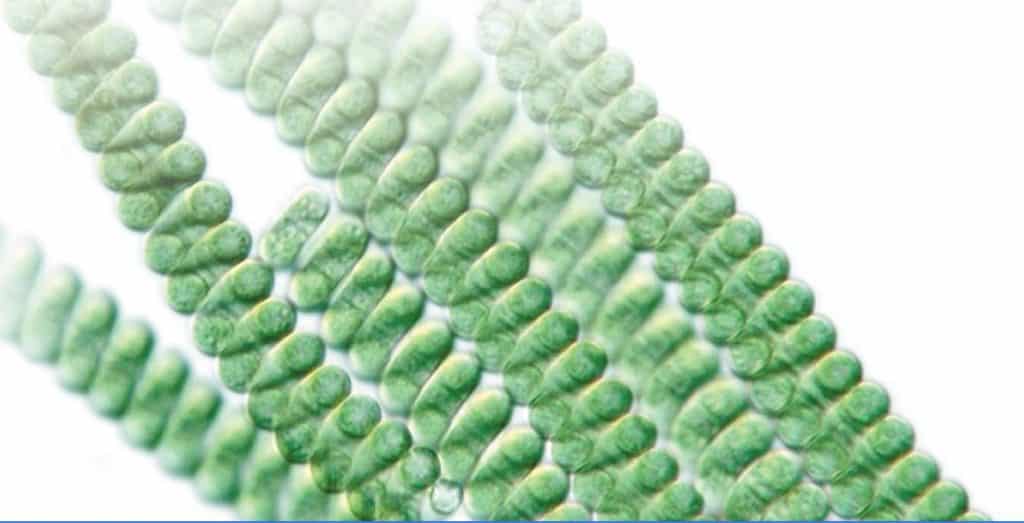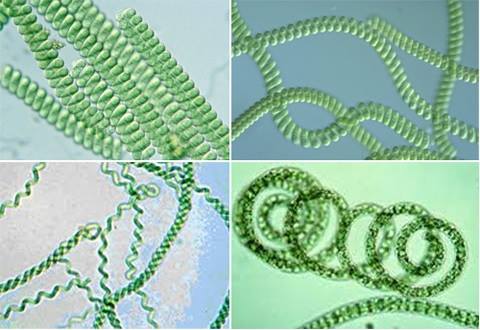Startup Secures $13M for Tech Using Algae to Make Biologics
Used first as a high-protein, high-vitamin, antioxidant nutritional supplement, Spirulina extract sales soared after its 2014 FDA approval for use as a food color additive. The blue-green algae has been widely grown but no one has been able to engineer it till date; now, a biotech start-up in Seattle has challenged the norms and is now working on its Spirulina platform that uses the algae’s natural, photosynthesis-driven processes to produce various materials, including pigments and biologics.
The company announced early last week that it has raised $13 million in funding to support that work, and also announced its first product, a “natural” blue colorant that it plans to launch in early 2018.
The new funds include $11.2 million in venture funding raised from Avista Development Corporation, BioEconomy Capital, and Seattle-area biotech investors, along with a $1.8 million grant Lumen received from the Department of Energy earlier this year.
Lumen was co-founded by former Adaptive Biotechnologies executive Brian Finrow and Jim Roberts, who previously directed Fred Hutchinson Cancer Center’s Basic Sciences Division. The pair believes they have found the first method to engineer spirulina to be used to create drugs. It is the first
time the company has raised funds since it was founded in April of this year.
The blue colorant is manufactured using Spirulina, a bright green algae that was recently approved by the FDA to use in supplements and the manufacturing of food and cosmetics. That makes the colorant “natural” by industry standards, as opposed to a pigment made from inorganic materials in a lab.
“For years, demand has grown for natural alternatives to food and cosmetics with artificial colors made from petroleum and coal tar, which many believe to be unhealthy,” Finrow said. “But high cost and variable quality have held back natural colors from being widely adopted. The color blue has been a particularly tough challenge, because few plants make it in harvestable quantities. Lumen’s platform can lower cost, increase production and quality control, and unleash Spirulina extract’s enormous market potential with consumers.”
Lumen’s improved strains produce more pigment at higher purity but at a fraction of the cost of traditional methods, and without introducing foreign gene pathways from other species. More stable versions and a palette of additional colors are also in the pipeline, the company said.
“We are excited to announce our series A financing, which will fully fund the commercial launch of our first product, a natural blue colorant for high-purity applications in the food and cosmetics industries,” said Brian Finrow, Lumen’s CEO and co-founder. “Together with the federal grant we received over the summer, these funds will allow our research team to build out the complete set of microbiology tools and methods needed to unlock our platform’s vast commercial potential. Lumen is poised to have a big impact on the $1.5 billion market for natural colorants, and that’s only a small piece of the larger opportunity we and our collaborators expect to access with this new technology.”
The startup is already working on a malaria vaccine that can be stored at higher temperatures than those currently available, making it easier to transport in warm climates.
Eventually, Lumen plans to license its spirulina technology to other companies that want to use the algae to create drugs.































